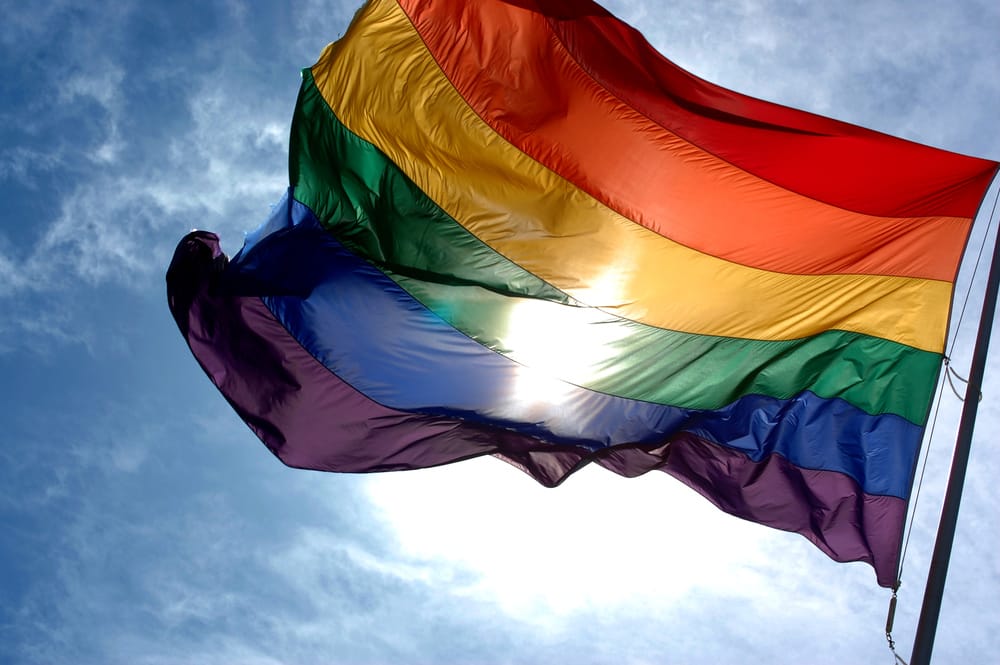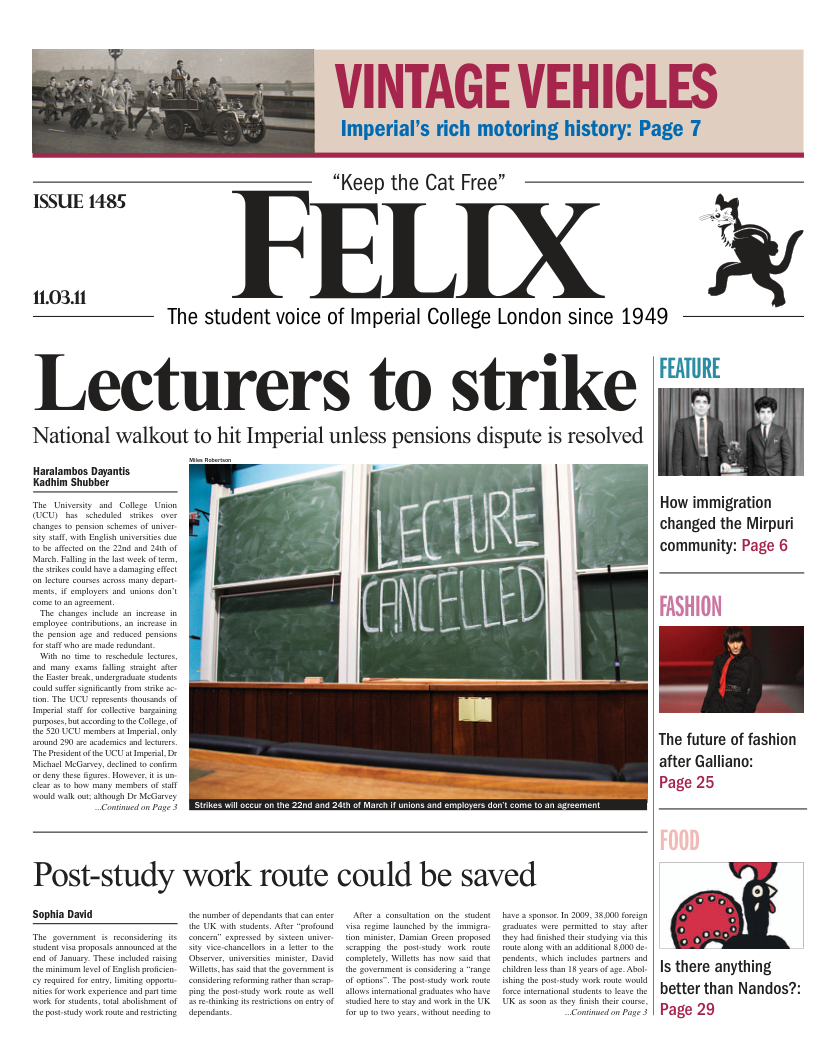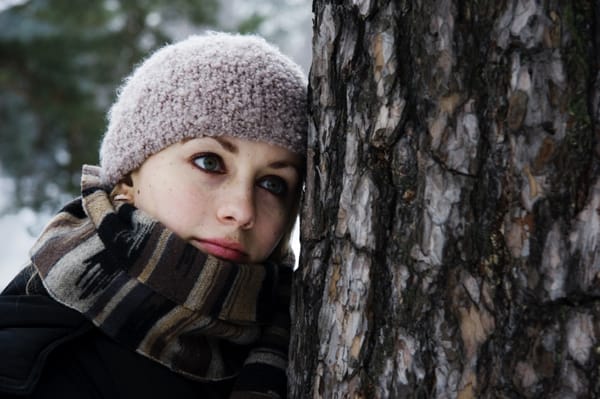Is our society less homophobic than it was in the past?
Our society is pretty tolerant of all lifestyles, right? Stuart Haylock and Chris Socha debate the prevalence of homophobia in the UK today

Yes – Stuart Haylock
Hate crimes started getting reported when people realised that others would listen
Although homosexuality was legalised in England in 1967, the views of the people in the UK hardly changed at all. Those who came out as gay, acted gay, or were even remotely ‘metrosexual’ were still discriminated against for many years. Over time, the work of groups such as ‘Stonewall’ and School’s Out managed to promote anti–discriminatory laws and regulations, and the lives of gay people in the UK improved dramatically.
Schools however were a completely different story; being gay was synonymous with bullying and schools and the police mostly ignored it. For many years children were teased, bullied and even driven to suicide, and the police and teachers stood by and let it happen. Anti–homophobia campaigns in schools and the teaching of the past taboo subject of gay people have changed that, and schools have become much less tolerant of any form of bullying, giving children the chance to explore their own personalities, rather than the personalities that other people demanded of them.
My personal experience in school was far better than I expected, I came out as gay when I was sixteen in my final GCSE year. I was scared of what would happen thanks to things told to me by friends and stories in the media, but I was not bullied further then the occasional name calling of being camp (which is an understatement!). I understand this view is not the same for every school and every person in the country but I went to a state school in one of the toughest areas in east London, and felt safe. The only reason I didn’t come out earlier was because of the scare¬–mongering that people in the media, like Johann Hari, do.
Overall, police also started taking homophobic hate crimes seriously too; they started getting reported when people finally realised that other people would listen. Statistics indicate an increase in hate crime, but this is due to people realising that they don’t have to take that sort of abuse in this country, despite the media’s constant barrage of warnings.
Many gay people in the media also claim that young kids use the term ‘gay’ as a derogatory phrase and are therefore homophobic. I argue that this is stupid and that they should get a life. The term ‘gay’ meant happy long before it was attributed to gay people. To quote Stephen Fry, “languages change and evolve just as animals do; to think that they should always stay the same is a fallacy”. You can’t argue that what young people say has any bearing on its original meaning, given that most kids don’t even know the original meaning.
In summary, homophobia is not increasing amongst young people, only the media sees it that way and forces children to believe it. As soon as people realise that it’s the media that sets these things off in the first place then maybe we’ll see a better society overall.
No – Chris Socha
One in five gay people have been a victim of homophobic hate crimes in the last three years
Twelve years ago, a nail bomb exploded in a gay pub in central London, killing two and injuring 70 more; nowadays the pub is regarded as an iconic landmark of the last in a series of attacks on the capital’s minority groups.
Despite recent advances in LGBT (Lesbian, Gay, Bisexual & Transgender) rights in UK law, recent statistics on homophobic hate crime can be interpreted to show an increase in crimes against LGBT people. One in five lesbian and gay people in Britain have been a victim of one or more homophobic hate crimes in the last three years. Three in four of these did not report them to the police. These incidents ranged from regular insults on the street to serious physical and sexual assaults. While some argue that this is because the police have become more ‘gay friendly’ and approachable, campaigner Peter Thachell suggests “As more people come out they become more visible and more easily identifiable. I remember there was a similar backlash in the US in the 60s, a big rise in racist attacks in the wake of the civil rights movement.”
Now if we’re examining homophobia among young people, one good way is to look for relevant information within schools and colleges. Research in Stonewall’s ‘The Teacher Report’ found that nine in ten secondary school teachers and more than two in five primary school teachers say children and young people, regardless of their sexual orientation, currently experience homophobic bullying, name calling or harassment in their schools. It’s scary to think that almost 90% of teachers regularly hear the phrases ‘you’re so gay’ or ‘that’s so gay’ and other insulting homophobic remarks such as ‘poof’, ‘dyke’, ‘queer’ and ‘faggot’.
In many cases these can be picked up from parents or celebrities (Chris Moyles’ “gay” ringtone) who may be homophobic, or may just not understand that what they are saying is offensive, because unfortunately ‘gay’ is used as a catch–all negative; for anything from bad, wrong, weak, to pathetic, fake or overly–emotional.
This is why (despite what Melanie Phillips may say...), ‘School’s Out’s attempt to introduce LGBT elements into the curriculum is important! One school in Stoke Newington has developed lessons on gay historical figures who suffered persecution, which has succeeded in “more or less eliminating homophobic bullying” in its classrooms and playgrounds over the last five years. The homophobia problem is even worse in faith schools, as columnist Johann Hari explains “Today, schools in Muslim areas like Tower Hamlets and across Europe are deeply reluctant to explain that homosexuality is a natural and harmless phenomenon that occurs in every human society: they know that many parents will go crazy. Tough.” I could go on and on with my argument, but in summary: homophobia is rife among our youth, and unless we do something about it, this is not something which will change.






